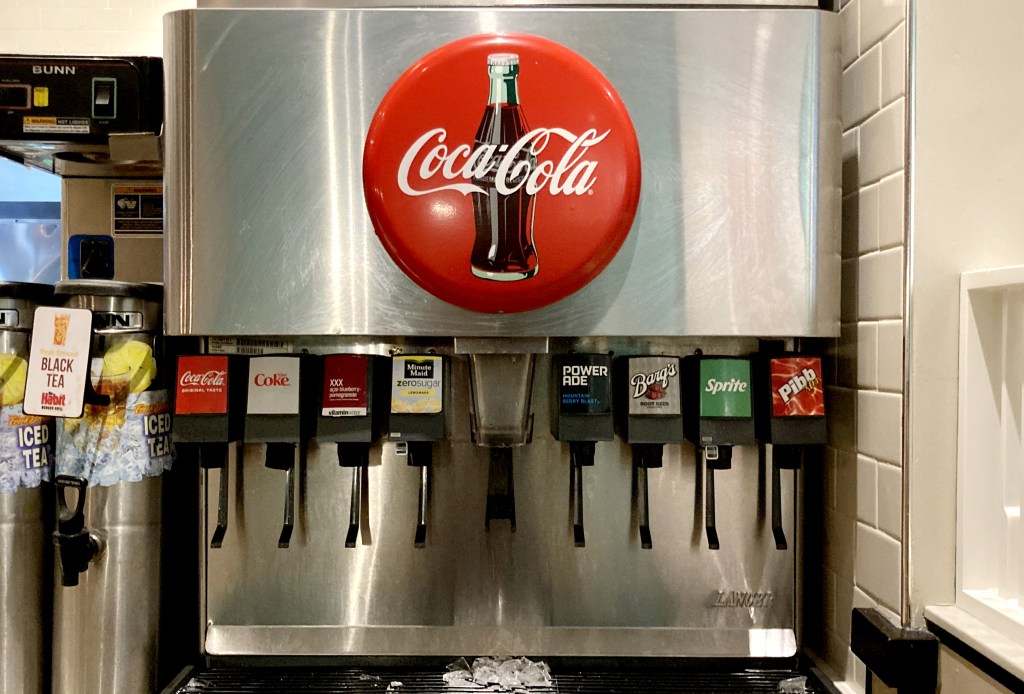Drinking this up to 2.5 times a day makes women age better: study
Sippin’ pretty!
that consuming moderate amounts of caffeine can help you live longer. Scientists from Harvard wanted to see if the caffeine source matters — they tracked the midlife coffee, tea, cola and decaf coffee consumption of over 47,000 nurses.
In the 30-year follow-up period, about 3,700 women met the criteria for healthy aging. That was defined as living past 70, being free from 11 major chronic diseases and having no troubles with physical function, mental health, cognition or memory.
“The findings suggest that caffeinated coffee — not tea or decaf — may uniquely support aging trajectories that preserve both mental and physical function,” said Sara Mahdavi, a post-doctoral fellow at Harvard T.H. Chan School of Public Health.
From 45 to 60, the female study participants typically consumed an average of 315 milligrams of daily caffeine.
Each extra cup o’ joe beyond 80 milligrams a day was linked to 2% to 5% greater odds of healthy aging — up to about 2.5 cups.
no more than 400 milligrams of caffeine a day, around four cups of java.
“Moderate coffee intake may offer some protective benefits when combined with other healthy behaviors such as regular exercise, a healthy diet and avoiding smoking,” Mahdavi said.
“While this study adds to prior evidence suggesting coffee intake may be linked with healthy aging,” she added, “the benefits from coffee are relatively modest compared to the impact of overall healthy lifestyle habits and warrant further investigation.”
One habit worth nixing? Soda. The researchers linked each additional small glass of cola to 20% to 26% lower odds of healthy aging.
Sodas are high in calories and sugar, potentially contributing to weight gain and obesity and of high blood pressure, high cholesterol and heart disease.
Mahdavi’s preliminary findings accounted for other factors that can influence healthy aging, such as weight, smoking, alcohol use, physical activity, education level and protein intake.
“Our study has several key strengths,” Mahdavi said. “In addition to the large sample size and 30 years of follow-up, we assessed several different aspects of longevity and healthy aging as well as very comprehensive information on nutritional and lifestyle habits that were collected every four years after the initiation of the study.”
Mahdavi presented the research on Monday at , the flagship annual meeting of the American Society for Nutrition.
Her team plans to investigate how certain substances in coffee influence biological signs in the body linked to aging at the genetic and metabolic level.
Coffee is rich in antioxidants, which may enhance brain function. It’s also been shown to increase alertness, aid in weight management, boost mood and potentially lower the risk of Type 2 diabetes and heart disease.
But Mahdavi pointed out that more caffeine isn’t always better, especially if someone has a lower caffeine tolerance or genetic susceptibility to slower caffeine metabolism.
Downsides of too much caffeine include insomnia, heart palpitations, digestive issues and dependency.













